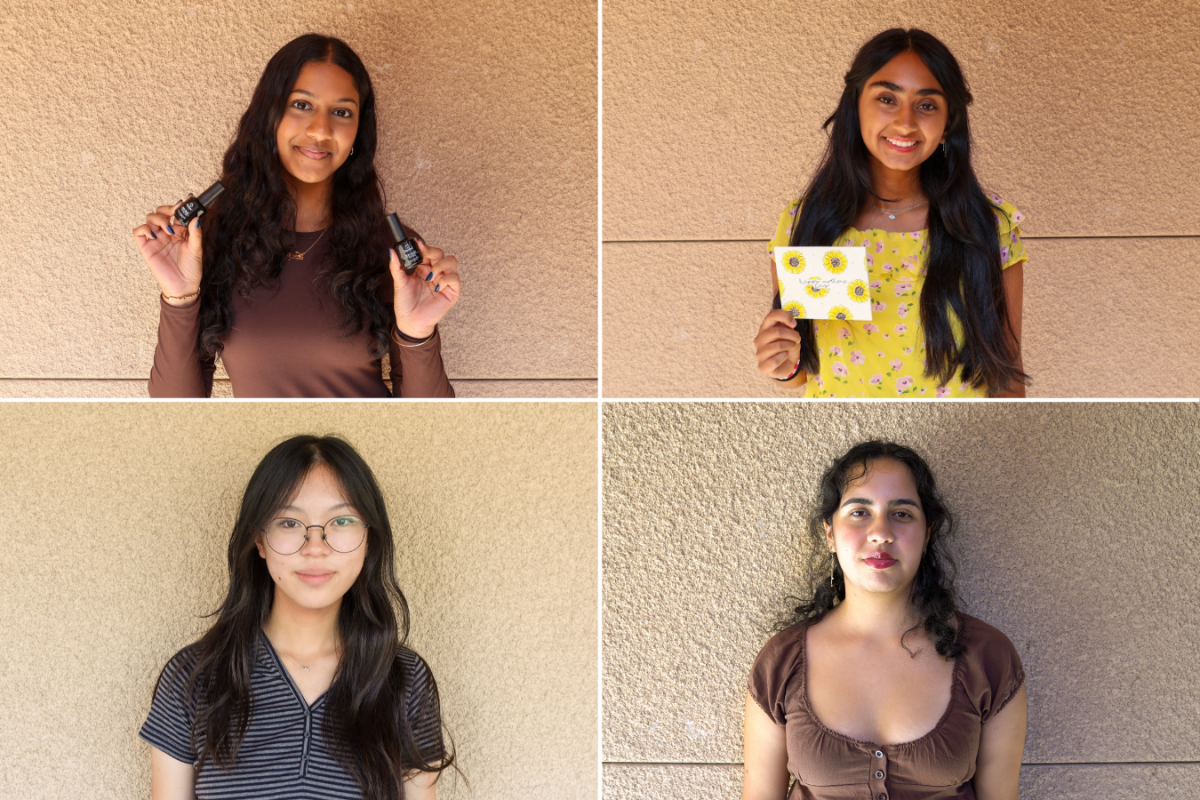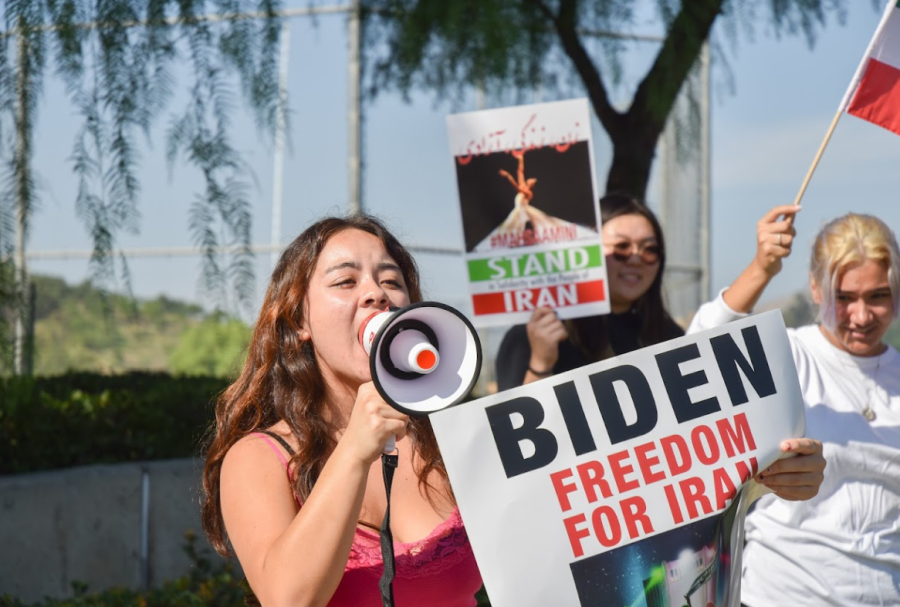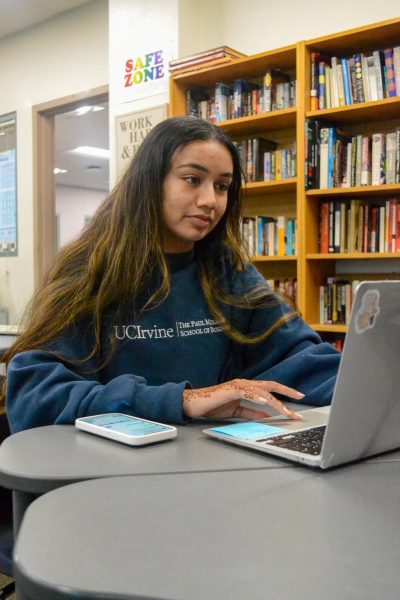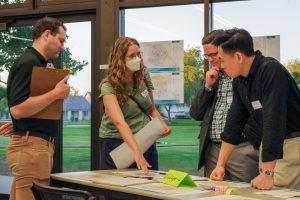Student activists stand with Iran through protest
ENOUGH IS ENOUGH: Sophomore Eleanor Wu calls on President Biden to act on recent Iranian injustices.
October 31, 2022
Northwood students protested the recent Iranian human rights injustices on Oct. 17 following the death of Mahsa Amini, who died under police custody after being arrested for allegedly breaching Iran’s strict dress code for women.
Amini’s death has sparked international outrage, with protestors burning headscarves and chanting phrases like “Women, Life, Freedom” or “Down with the Dictator” to revolt against the Iranian government—including the moral police and new leader Ebrahim Raisi—which continue to deny that they mistreated Amini in custody.
“Women are being attacked and killed in the streets, and the government is trying to pass it off as accidents,” sophomore Theor Kamfar said. “People in Iran can’t talk about what’s going on there, so we are trying to be a voice for them.”
The protest was held after sixth period and went on for two hours in front of the Northwood sign as parents arrived to pick up their students and students left the campus.
Northwood junior Sam Jalalpour, who organized the protest, as well as other participants, hoped to bring awareness and show solidarity for people within the Northwood community who have personal ties to the Iranian conflict.
Using various signs and flags to show support for the Iranian people, as well as a megaphone to amplify their voices, students later moved their protest to the intersection of Culver and Portola Parkway.
“News of the events have circulated a lot on social media, but not many people are seeing it in the real world, so I wanted to make this relevant for Northwood students,” Jalalpour said. “The people who are going home should see the people fighting for freedom and be inspired to stand in solidarity with the people of Iran and Afghanistan.”
Incidents of Iranian women being harmed, insulted and killed for not abiding by laws have gained attention on social media as a result of Amini’s death. Recently, more injustices have been brought to light, including the systematic discrimination of Hazaras in Afghanistan, religious intolerance and lack of human rights—especially for women.
“My mom has personally witnessed people being killed for protesting,” junior Raha Dayyani said. “What happened to Mahsa isn’t new. This is decades of frustration and anger erupting.”
As criticism of the Iranian and Afghan governments has increased, Iran has restricted internet access in an attempt to minimize government rebellion though protests worldwide remain rampant.
Students can continue advocating for human rights in Iran and Afghanistan by remaining educated, supporting those who are impacted and spreading awareness.
“This is more than a battle for just women,” Jalalpour said. “This is for the LGBTQ+ community, the ethnic groups facing genocide and the Iranians that are facing religious persecution.”



























































